Opposition walkout, secession call mar Moldova's EU membership debate
Moldova's opposition has walked out of a vote to join the EU, while separatists in the Transdniestria region have urged authorities to drop their claim to the enclave.
Anti-Russia President Maia Sandu has made EU membership the cornerstone of her administration in the ex-Soviet state, which lies between Ukraine and Romania. She has called for a referendum on EU membership to be held this year.
On Thursday, parliament adopted by a vote of 54-to-0 a declaration which said, "Only joining Europe can ensure the future of the country as a sovereign, neutral and full-fledged democratic state."
The opposition Bloc of Communists and Socialists, however, walked out of the chamber.
In the region of Transnistria, a small piece of land that seceded from Moldova during the collapse of the Soviet Union, self-proclaimed president Vadim Krasnoselsky urged Moldovan authorities to acknowledge his territory and relinquish any territorial claims to it.
"There is no other way out," he said on the enclave's television. "There can be no more talk of autonomy. You must walk away from these territories."
His region, he said, is "not separatist," but "a normal neighbor" seeking peace and stability.
The move comes after EU leaders approved opening accession talks with Bosnia and Herzegovina on Thursday.
For the past three decades, Transnistria on the eastern border of Moldova has remained relatively calm.
However, tensions have escalated recently due to the implementation of customs duties by Moldovan authorities in January. These duties apply to all goods entering and exiting the region.
Elected officials last month appealed to Moscow for diplomatic measures to protect the region.
The parliament debate on Thursday coincided with an EU summit in Brussels, but the matter was not discussed in the meeting.
No public announcement has been made regarding the start of membership talks with Ukraine and Moldova, despite the green light given by an EU summit last year.
Moldova has found itself embroiled in an intensifying conflict with Russia, with the Ukraine war and Transnistria serving as the central issues.
On Thursday, eight years after Bosnia and Herzegovina first applied for EU membership, the European Council decided to open "accession negotiations" with the Balkan country.
"Your place is in our European family," European Council President Charles Michel, responsible for brokering the unanimous approval, said on a social media platform.
‘All wars have rules. All of those rules have been broken’ by Israel
VIDEO | Report flags India’s violation of rights of Rohingya detainees
Turkey's foreign minister meets Syria's de facto leader in Damascus
'Next to impossible' to rescue patients from Gaza's Kamal Adwan Hospital: Director
VIDEO | Vietnam current prosperity
Report blames gasoil exports for shortage at Iranian power plants
VIDEO | Hind Rajab Foundation names Israeli war criminals vacationing after Gaza genocide
VIDEO | Australians rally for Gaza ahead of Christmas festivities


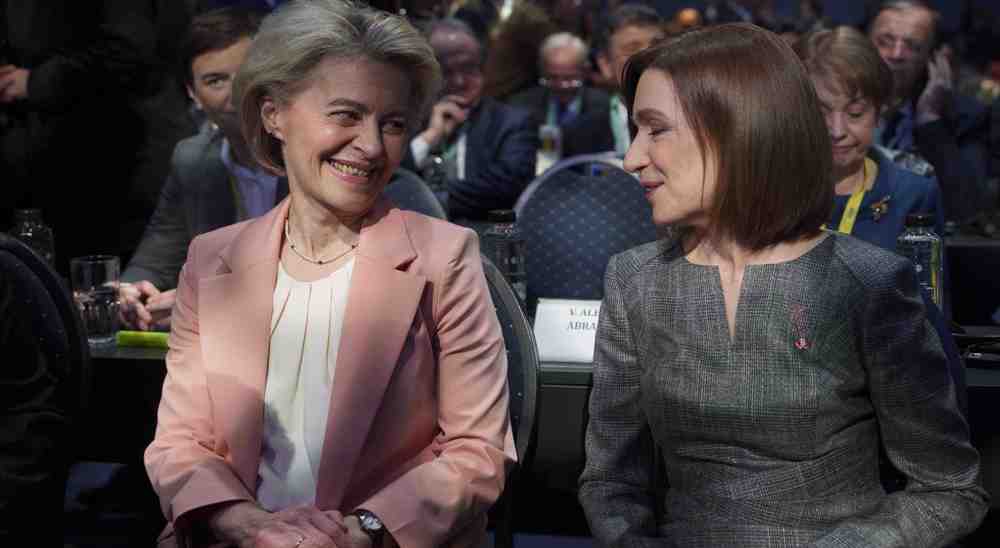
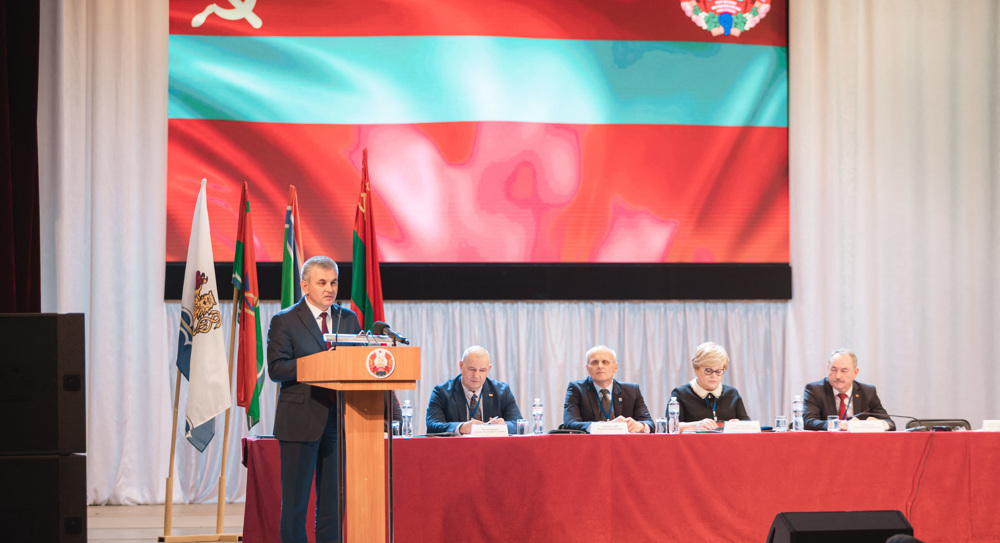






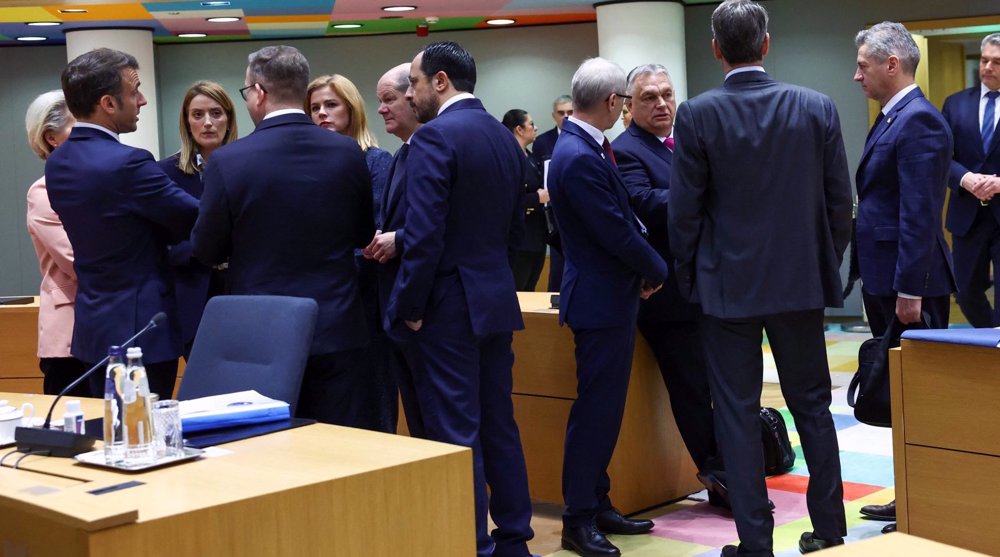
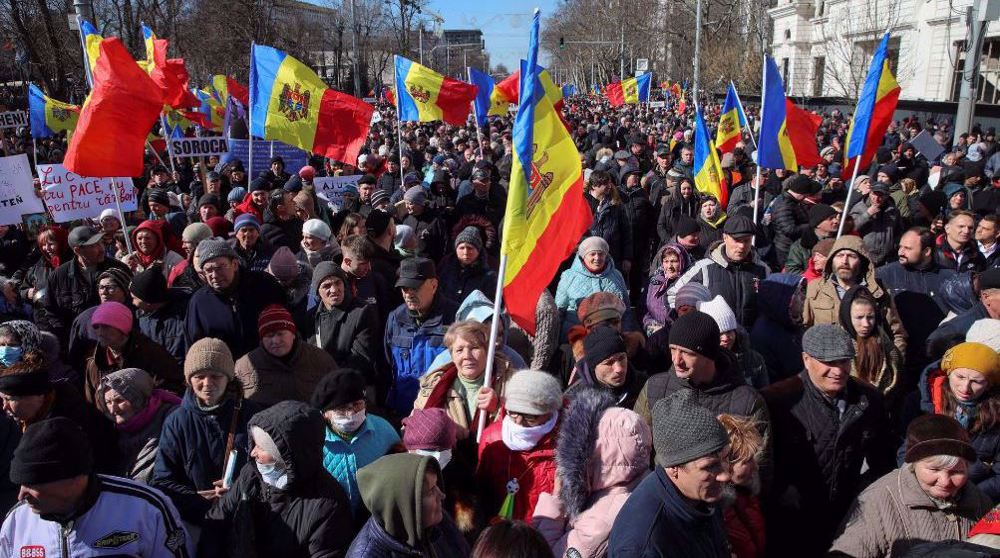
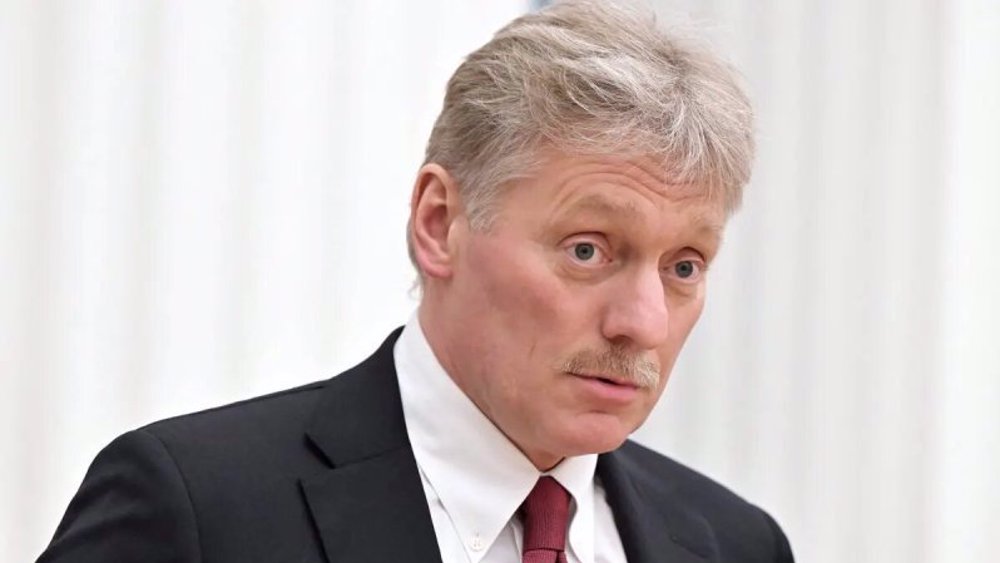
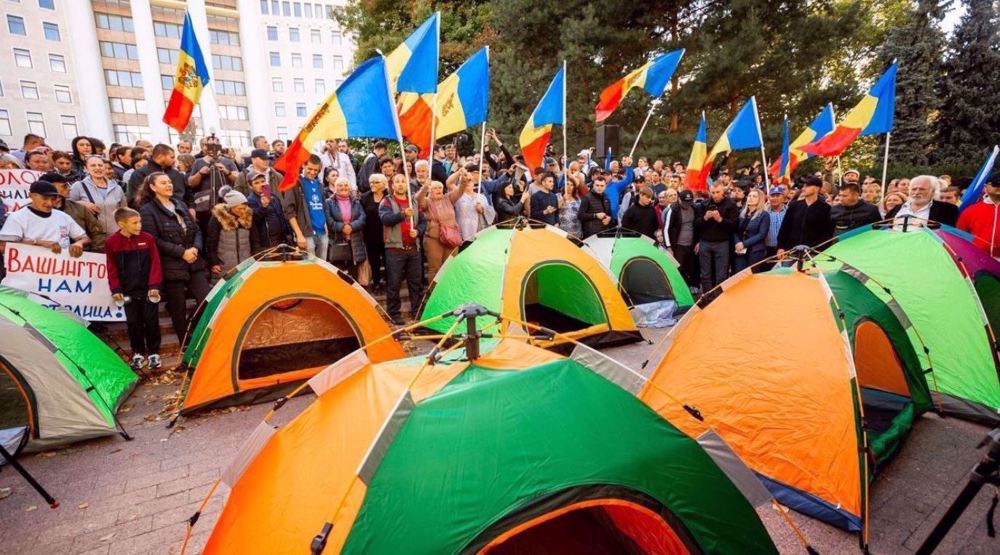
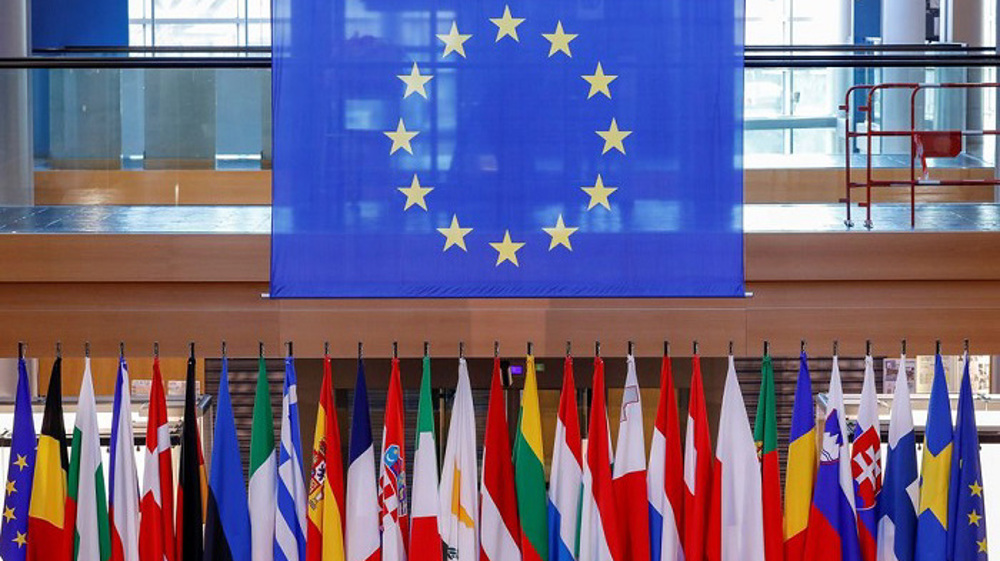
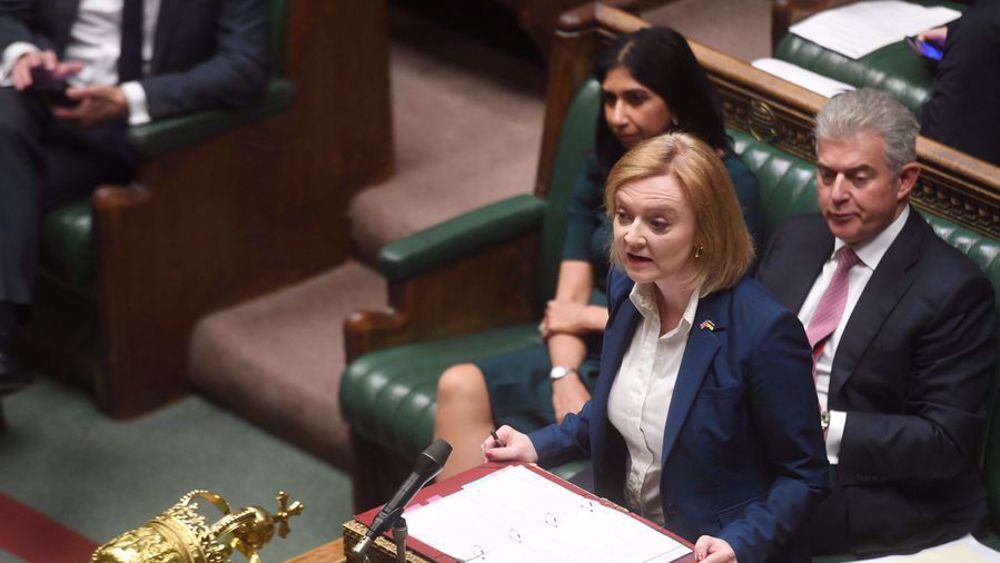
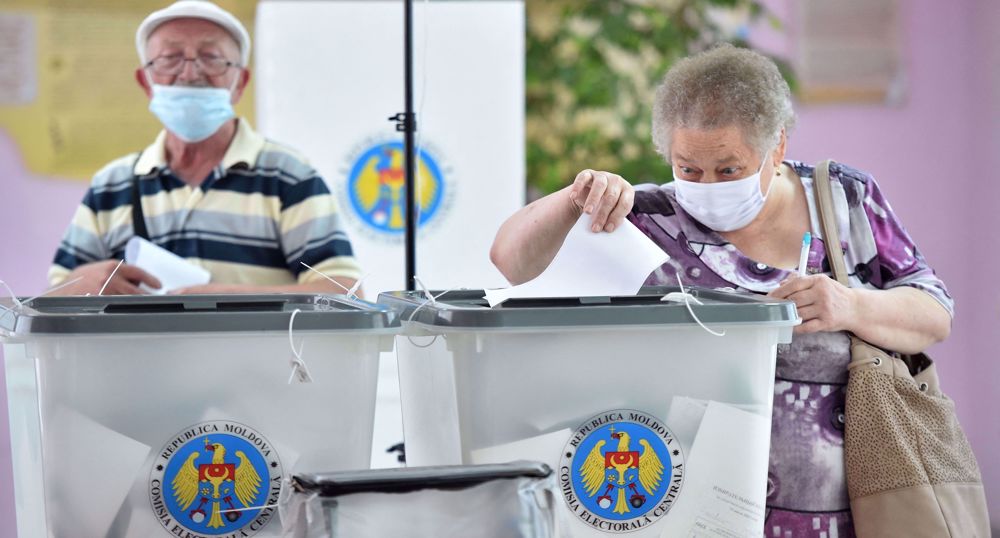

 This makes it easy to access the Press TV website
This makes it easy to access the Press TV website